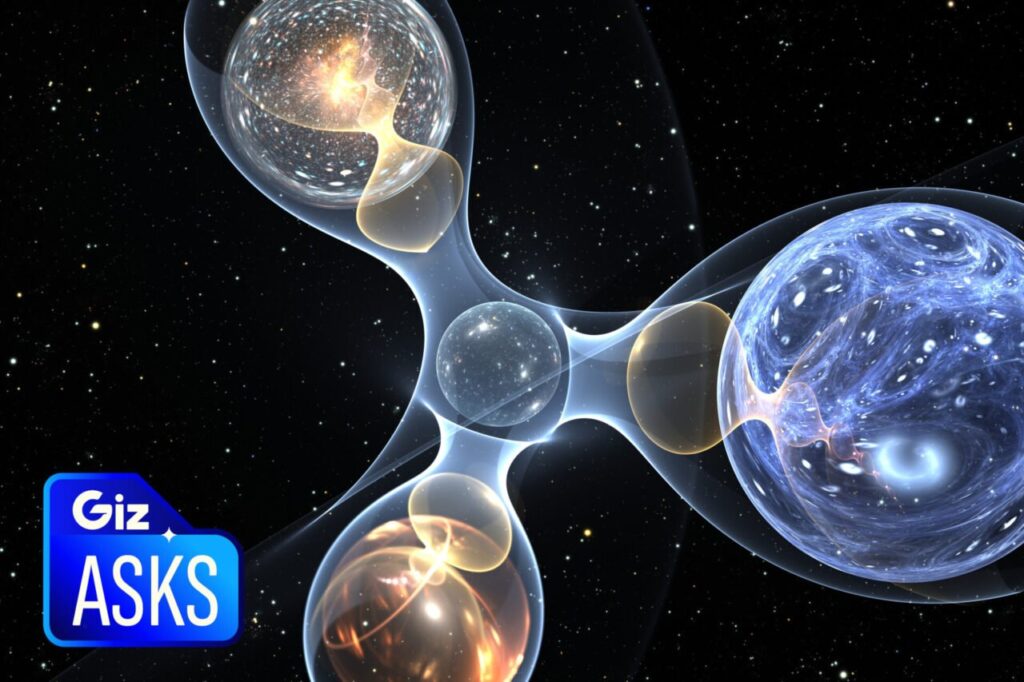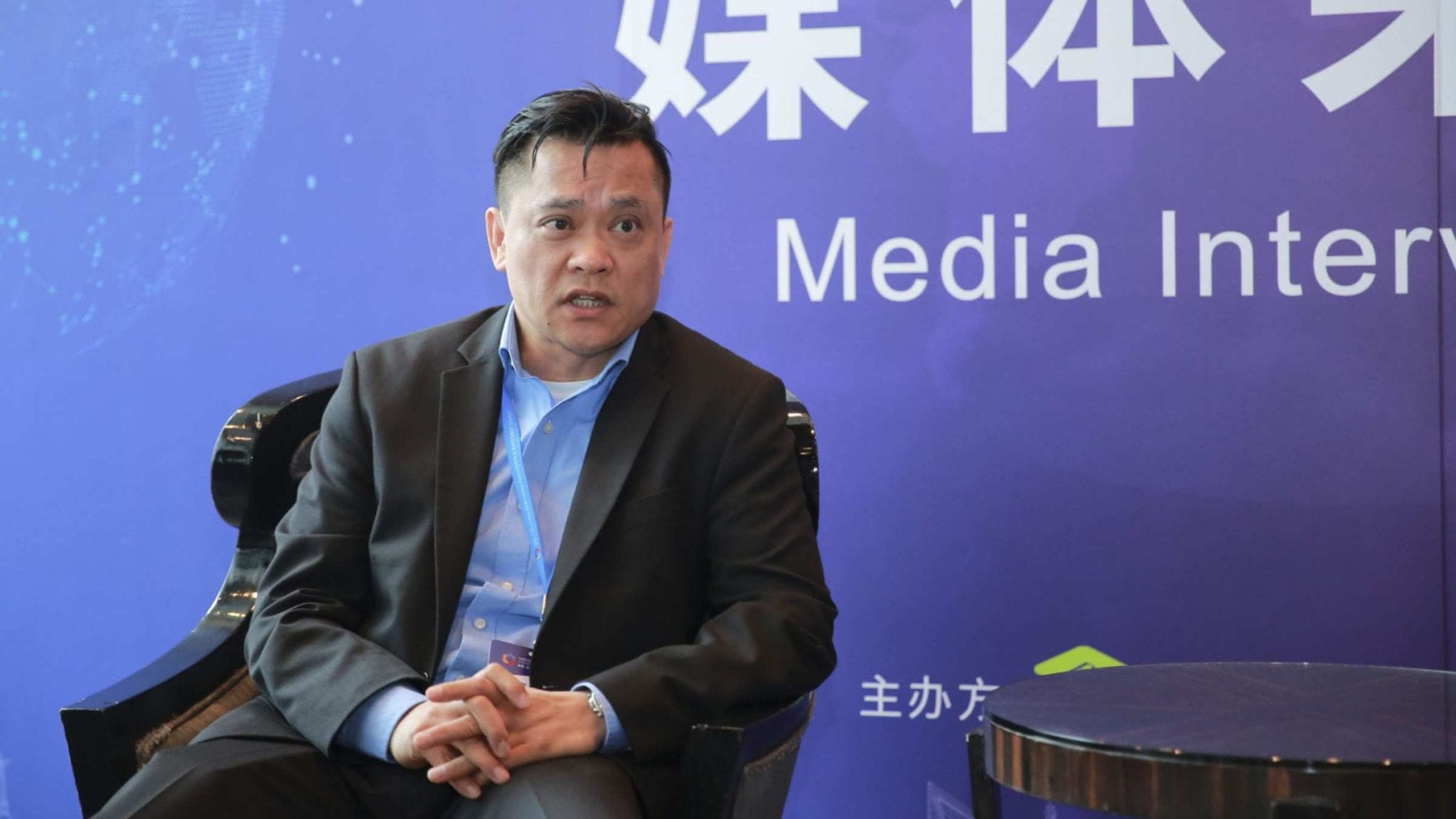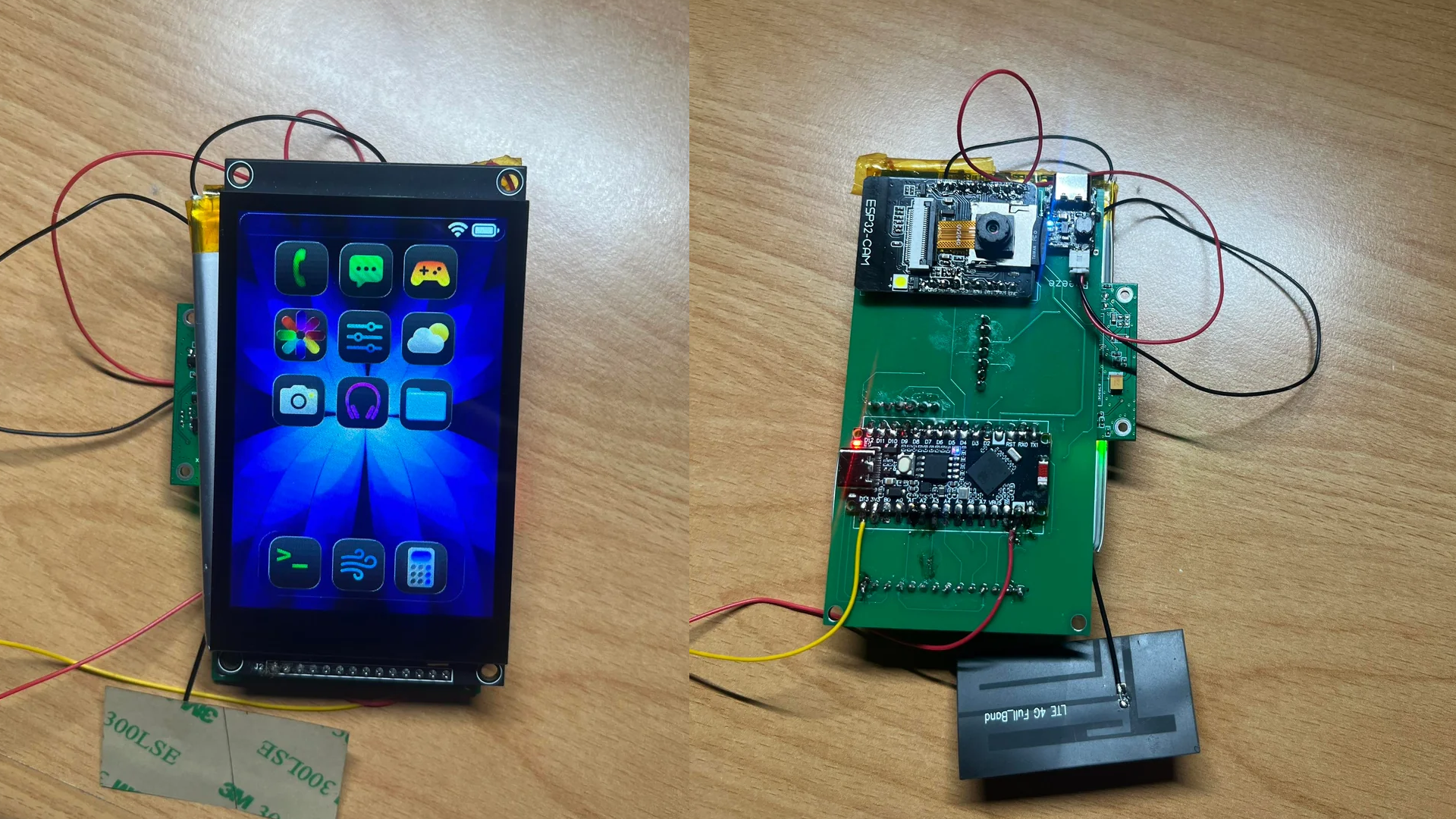
URGENT UPDATE: Physicists are reevaluating the status of string theory as a potential “theory of everything,” raising critical questions about its relevance in 2023. Once a hot topic among scientists and popular audiences alike, string theory’s prominence has significantly waned in recent years, prompting experts to weigh in on its current standing.
In recent discussions, leading physicists including John H. Schwarz and Daniel Whiteson have voiced their opinions on the future of string theory. This mathematical framework, which conceptualizes the universe’s fundamental particles as one-dimensional “strings,” was once considered the key to unifying quantum mechanics and general relativity. However, the excitement surrounding it appears to be diminishing, especially as alternative theories gain traction.
New reports indicate string theory, despite its historic significance, has experienced a decline in public interest. A recent analysis using Google’s Ngram viewer shows a staggering drop in mentions over the past decade. This trend reflects a broader shift in the scientific community, where physicists are exploring other models that could potentially offer more substantial insights into the universe.
Daniel Whiteson, a particle physicist at the University of California, Irvine, emphasized that while string theory remains relevant, it may no longer be the leading candidate for explaining the universe. He stated, “It’s still an important part of theoretical physics, but we must also consider new approaches.”
Critics of string theory, like Peter Woit, a mathematician and physicist at Columbia University, argue that the lack of experimental evidence has hindered its credibility. Woit, known for his book Not Even Wrong, calls for a more diversified approach to theoretical physics, suggesting that reliance on string theory limits progress.
Adding to the discourse, Carlo Rovelli, a theoretical physicist in France, advocates for loop quantum gravity, a competing theory that challenges string theory’s foundational principles. Rovelli asserts, “We need to explore all avenues to understand the complexities of the universe fully.”
As physicists gather insights from these discussions, attention turns to what may come next. The urgency to discover a comprehensive understanding of our universe is palpable, and experts continue to debate the best paths forward. Notably, Cumrun Vafa of Harvard University and Hiroshi Ooguri from the California Institute of Technology have been instrumental in advancing mathematical developments within string theory, but even they acknowledge the need for fresh perspectives.
The scientific community is poised for a transformation. With new theories emerging and established ones being scrutinized, the quest for a unified theory is more critical than ever. What remains clear is that physicists are actively engaging with these developments, emphasizing the importance of collaboration and innovation.
Next Steps: As these discussions unfold, observers are encouraged to stay tuned for updates from major scientific conferences and publications, where the future of string theory and alternative models will be explored in greater detail. The outcome of these debates could reshape our understanding of the universe and its fundamental laws.
This is a developing story, and more insights from leading physicists are expected soon. The urgency of this topic invites widespread discussion and sharing among science enthusiasts and the general public alike.






